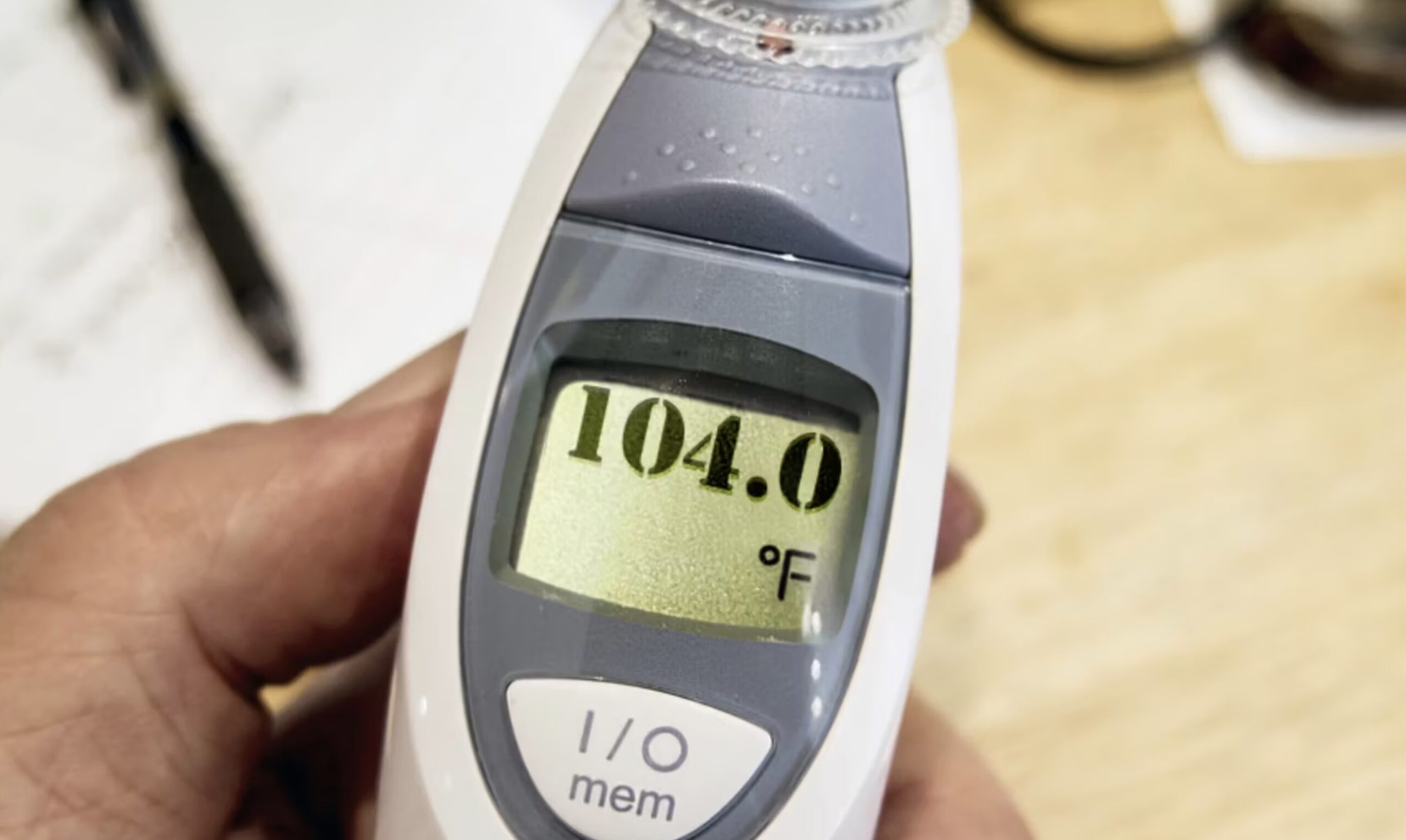Epstein-Barr Virus: Symptoms, Causes, Treatment, Vaccine
What are the symptoms of the Epstein-Barr virus?
Epstein-Barr virus (EBV) can cause infectious mononucleosis, also known as mono or glandular fever. The symptoms of EBV can vary from person to person, but common symptoms include:
- Fatigue: Severe and persistent tiredness is a hallmark symptom.
- Fever: Often high, with temperatures above 101°F (38.3°C).
- Sore throat: Severe throat pain and inflammation, sometimes with white patches on the tonsils.
- Swollen lymph nodes: Particularly in the neck, armpits, and groin.
- Swollen spleen or liver: These can cause tenderness or pain in the upper abdomen.
- Rash: A rash can occur, but it’s less common and not usually a primary symptom.
- Headache: Can range from mild to severe.
- Muscle aches or joint pain: Especially in younger people.
- Loss of appetite: Often accompanied by weight loss.
- Weakness: Generalized weakness and malaise are common.
- Enlarged tonsils with a whitish coating
These symptoms can last for several weeks and may come and go. It’s important to note that not everyone with EBV infection will develop symptoms, and some may only have mild symptoms. Additionally, symptoms can overlap with other illnesses, so it’s essential to consult a healthcare provider for an accurate diagnosis.
What are the causes of the Epstein-Barr virus?
The Epstein-Barr virus (EBV) is primarily transmitted through contact with saliva, which can occur through:
- Saliva: Direct contact with saliva, such as kissing, or sharing drinks, food, or utensils with an infected person.
- Airborne droplets: Inhaling respiratory droplets from an infected person’s cough or sneeze.
- Blood transfusions: Although rare, receiving blood from an infected donor can transmit the virus.
- Organ transplant: Receiving an organ from an infected donor can transmit the virus.
- Sexual contact: EBV can be transmitted through sexual contact, but this is less common.
Once a person is infected with EBV, the virus can remain dormant in their body for life and may reactivate periodically without causing symptoms.
What is the treatment for the Epstein-Barr virus?
There is no specific treatment for Epstein-Barr virus (EBV) infection. Most cases of EBV infection, including infectious mononucleosis (mono), are self-limiting and resolve on their own with time. Treatment typically focuses on managing symptoms and includes:
- Rest: Getting plenty of rest is crucial, as fatigue is a common symptom.
- Hydration: Drinking plenty of fluids helps prevent dehydration, especially if there is a fever.
- Pain relievers: Over-the-counter pain relievers such as acetaminophen (Tylenol) or ibuprofen (Advil, Motrin IB) can help reduce fever, pain, and inflammation. Aspirin should be avoided in children and teenagers due to the risk of Reye’s syndrome.
- Throat lozenges or gargles: Can help soothe a sore throat.
- Corticosteroids: In severe cases of mono, corticosteroids may be prescribed to reduce inflammation and swelling of the throat and tonsils.
- Antibiotics: Antibiotics are not effective against viral infections like EBV. However, they may be prescribed if there is a bacterial infection, such as strep throat, that accompanies the EBV infection.
It’s important to consult a healthcare provider for proper diagnosis and treatment recommendations, especially if symptoms are severe or persistent.
Is there a vaccine for the Epstein-Barr virus?
As of my last update, there is no vaccine available for the Epstein-Barr virus (EBV). However, research is ongoing to develop a vaccine against EBV, especially due to its association with certain types of cancer, such as Burkitt lymphoma and nasopharyngeal carcinoma. It’s always a good idea to check for the latest information, as advancements in vaccine development can occur.




